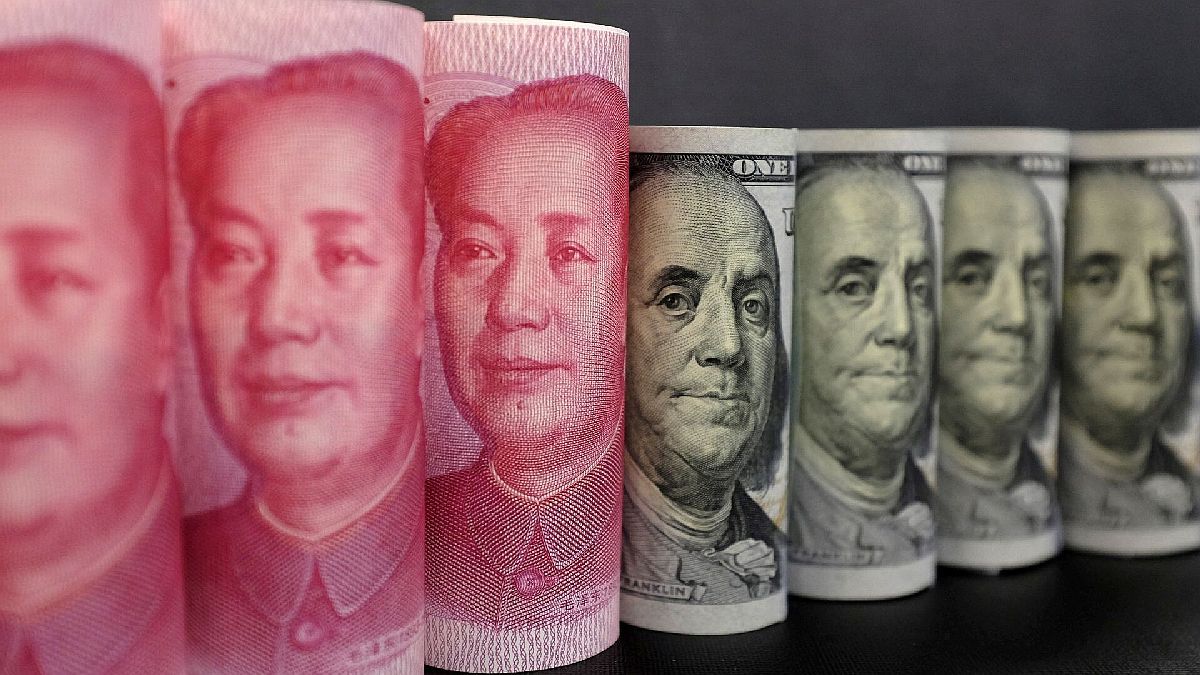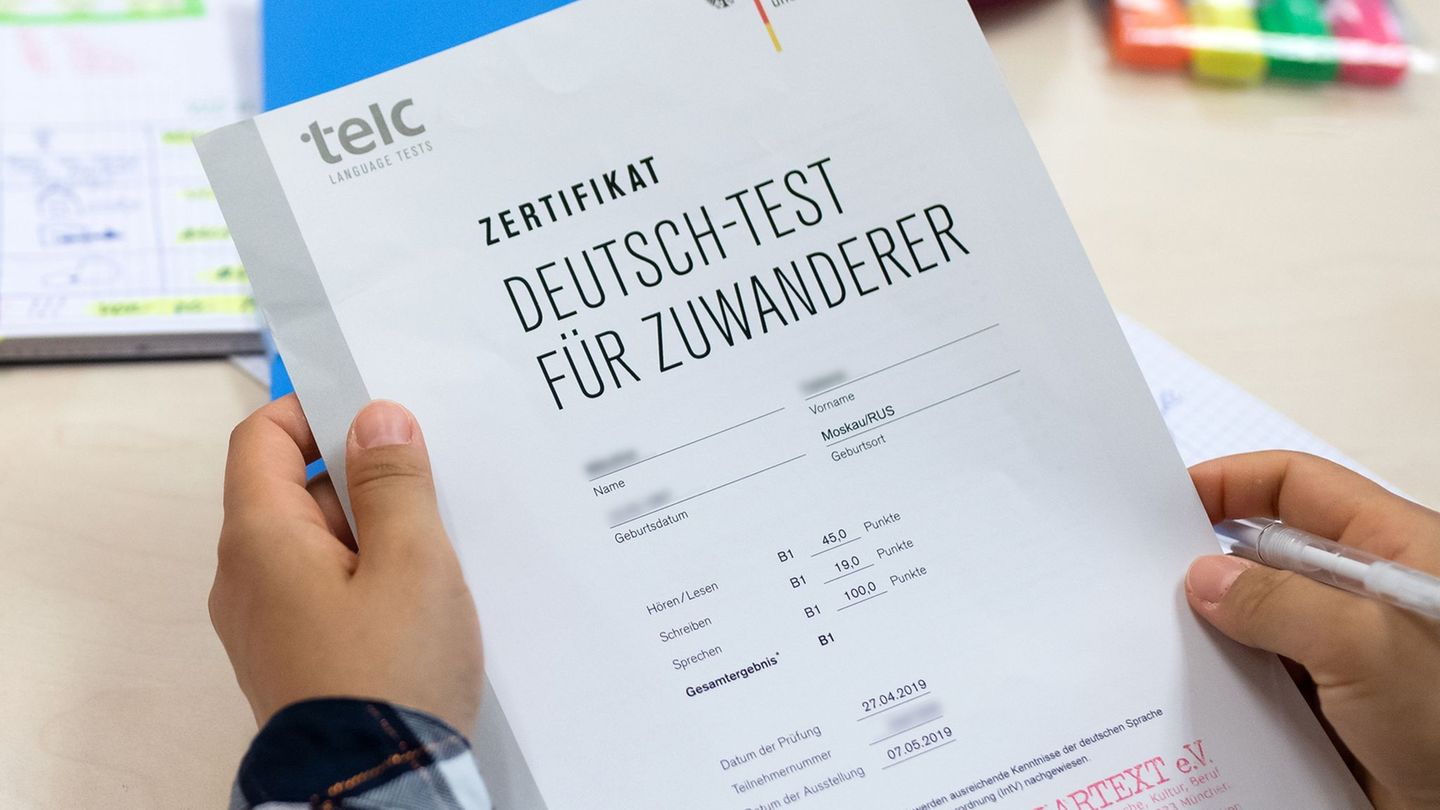Main Chinese state banks they are worried about selling Dollars Americans to buy yuan on spot currency markets, both locally and internationally in an attempt to stem the yuan’s depreciation.
Although they also operate on their own account or to execute client orders, state-owned banks often act at the behest of the central bank when the yuan is under pressure, such as right now. “The sale of dollars by the state banks has become the new rule to curb the rate of depreciation of the yuan“said a Shanghai trader.
These dollar sales could limit the yuan’s falls abroad and prevent it from deviate too much from its national peer.
The yuan has lost 2.4% against the dollar since this month and 6% since the beginning of the year. The yuan on the domestic market was trading at 7.3145, while the yuan on the international market was at 7.3400.
Yuan: what are the reasons for the crisis in China
The recent fall of the yuan is due to the increasing yield differential between China and the United States and the growing concern of investors about the China’s weak economic growth and rising default risks in its real estate and shadow banking sectors.
The slow pace with which the government is implementing stimulus measures to boost growth has disappointed investors. Meanwhile, the People’s Bank of China eased monetary policy to support the economy, although the price paid for lower interest rates is a further pressure on the yuan.
Credit spreads between China and the US widened to their highest level in 16 years this week as investors speculated that the central bank would further ease monetary policy following a surprise rate cut this week. , even if this put more pressure on the yuan.
Over the past few weeks, market watchers say that the Chinese authorities have tried to stop the fall of the yuan, with the central bank persistently setting the yuan’s midpoint stronger than expected and state banks repeatedly selling dollars.
yuan.jpg
The yuan depreciates: how does it impact Argentina?
The Central Bank’s reserves continue to fall not only due to the situation of negative net reserves but also due to the devaluation suffered by the yuan, the Chinese currency in which part of the funds held by the monetary authority are.
During August, the monetary authority accumulated almost US$600 million. In this way, the average daily purchase this month rose to US$49 million, well above the previous May record of US$42 million per day, when the agro dollar.
However, despite the net purchases of foreign currency, the Central Bank’s international reserves remain at minimum since 2006. At the close of yesterday’s trading session, gross holdings stood at US$23,667 million, according to a preliminary estimate by the entity in its daily summary of financial variables.
The shortage of international reserves of the BCRA led the government to expand the swap on several occasionsa currency exchange that allows Argentina to pay for imports with yuan and release the dollars that were destined for trade with the Asian giant for other uses.
This agreement, which began in 2009plus the difficulty in retaining dollars meant that the 55% of gross reserves -which are around US$32,500 million- are integrated with yuan and more exposed to the movements of that currency.
Some specialists maintain that when the agreed yuan is “freely available”, the depreciation of the yuan impacts the reserves. In this sense, a devaluation of the yuan, the reserves have a decrease in their nominal value because they are computed in dollars.
Source: Ambito
I am a 24-year-old writer and journalist who has been working in the news industry for the past two years. I write primarily about market news, so if you’re looking for insights into what’s going on in the stock market or economic indicators, you’ve come to the right place. I also dabble in writing articles on lifestyle trends and pop culture news.



